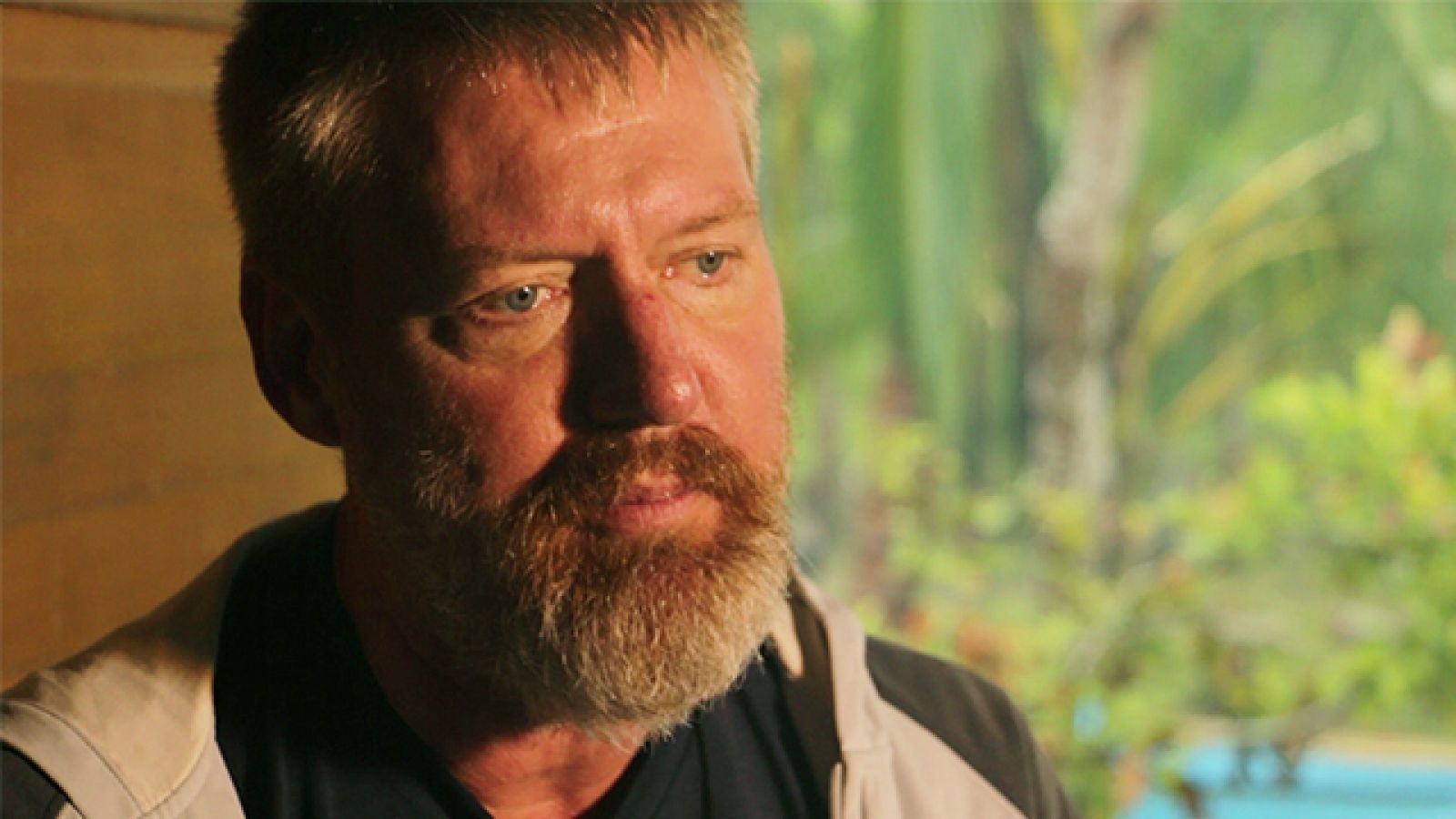ANU archaeology and anthropology scholar elected humanities fellow

Professor Marc Oxenham.
An ANU researcher who co-developed a new sub-disciplinary field within archaeology has been elected a Fellow of the Australian Academy of the Humanities.
Professor Marc Oxenham from the ANU School of Archaeology and Anthropology was recognised by the Academy for the excellence and impact of his scholarship.
Professor Oxenham’s research spans two main areas, one being the multifaceted ways in which humans in East and Southeast Asia have adapted, biologically and culturally, to major technological and environmental changes in the past.
“I have investigated how humans have operated in extreme cold environments in far northern Hokkiado, Japan, through to how ancient communities dealt with significant rises in sea level and temperatures (a mini global warming period) over 5,000 years ago in northern Vietnam, Professor Oxenham says.
In speaking about his other research focus, Professor Oxenham described the importance of understanding the processes and timing associated with the post-mortem period – or the time following death.
“Many of my graduate students have been or are involved in exploring the way in which bodies decompose, disarticulate and eventually scatter across the landscape,” Professor Oxenham says.
“There is an important medico-legal component to such work, as it is often a requirement of a range of statutory authorities and institutions to ascertain when an individual died.”
Over the past seven years, Professor Oxenham has volunteered his time and expertise in forensic archaeology to the Australian Defence Forces’ Unrecovered War Casualties Unit-Army.
Each year, he dedicates a month to identifying, recovering and repatriating fallen defence force personnel who have died and subsequently been lost in conflicts ranging from WWI through to the Vietnam conflict.
“I have engaged in this work on the western front in northeastern France, eastern Indonesia, all over Papua New Guinea, Vietnam and even northern Australia,” Professor Oxenham says.
“However my most recent work this year as part of a multi-disciplinary team exhuming and repatriating Australian service men and their dependents who died during the Vietnam conflict, and who were originally buried in Singapore and Malaysia, has perhaps been the most rewarding.”
Professor Oxenham also described seeing the success of his graduate students as one of his greatest joys.
In their acknowledgment of Professor Oxenham’s contributions, the Academy cited the new sub-disciplinary area he and former doctoral student Lorna Tilley developed.
“By far, the heavy lifting and most of the credit for this new research area belongs to Lorna,” Professor Oxenham says.
The new Fellow is currently researching the origins, demography and health of ancestral Southeast Asian peoples, particularly during and after the farming revolution.
“Shortly after 3,000 BC Southeast Asia experienced an enormous suite of changes, particularly in the key areas of human biology, migration, genetic diversity, demographic expansion, dietary breadth and procurement strategies and changing health profiles,” Professor Oxenham explains.
“Through my research, I’m aiming to shed light on both the underlying processes involved in fuelling these changes as well as assessing their impact, particularly health outcomes, on these ancient communities.”